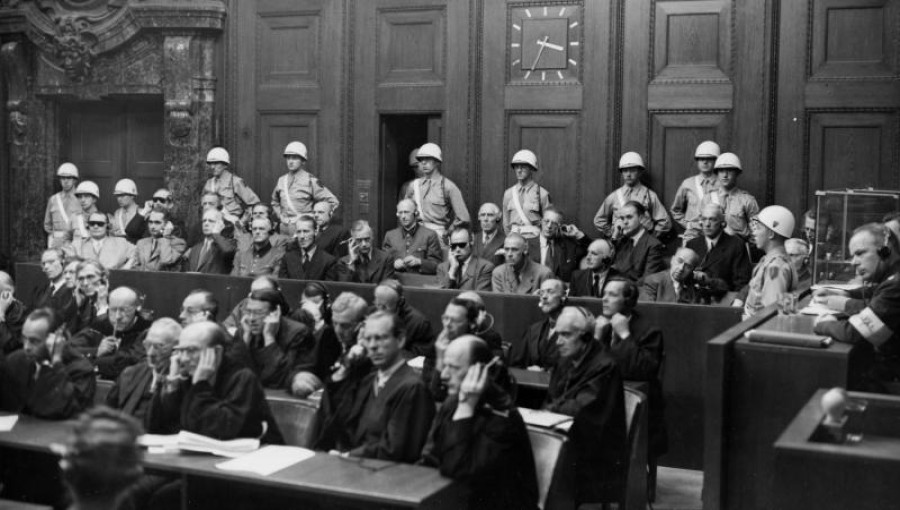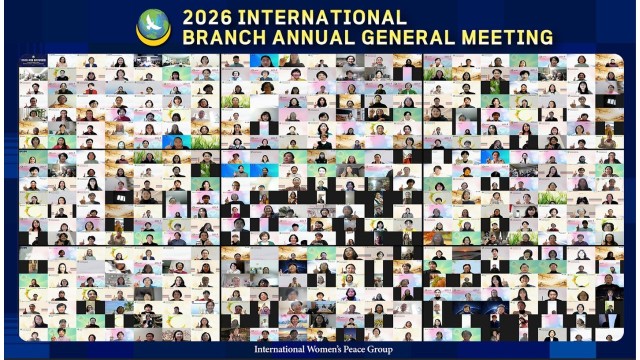Nuremberg, Oct 03 (V7N)-The Nuremberg Trials, a series of military tribunals conducted after World War II, stand as a landmark in international law and justice. These trials sought to hold the leaders of Nazi Germany accountable for the atrocities committed during the war, including the Holocaust, and introduced new legal concepts like "crimes against humanity."
Nuremberg was selected as the location for the trials for both symbolic and practical reasons. Symbolically, it had been the site of major Nazi rallies and a key center of Nazi propaganda, making it a fitting location to turn the tide of justice. Practically, the Palace of Justice in Nuremberg was largely undamaged by the war and contained a large prison capable of holding the accused war criminals.
The trials were born out of a global demand for justice after the horrors of World War II, especially the systematic genocide of six million Jews in the Holocaust. Following the war's end in May 1945, the Allied powers—comprising the United States, the United Kingdom, the Soviet Union, and France—agreed to prosecute top Nazi leaders under international law. Led by figures like U.S. Supreme Court Justice Robert H. Jackson, the prosecution sought to establish individual responsibility for acts of war and crimes previously unpunished on such a scale.
Twenty-four of the highest-ranking Nazi officials were indicted during the first of twelve trials, including Hermann Göring, Rudolf Hess, and Joachim von Ribbentrop. Many were charged with crimes against peace, war crimes, and crimes against humanity. Of the defendants, 12 were sentenced to death, while others received prison terms ranging from 10 years to life. Three were acquitted.
The Nuremberg Trials received global attention, with reactions varying from triumph to criticism. Many hailed the proceedings as a necessary reckoning, a crucial step toward ensuring that such atrocities would never be repeated. The trials were also praised for their adherence to legal principles, as the defendants were given the right to defense and due process.
However, there was criticism, too. Some argued that the trials represented "victor's justice," where the Allies judged their defeated enemies while overlooking potential crimes committed by their own side during the war. Others questioned the legitimacy of applying retroactive laws, as many of the crimes tried at Nuremberg were not clearly defined under international law at the time they were committed.
The Nuremberg Trials had far-reaching consequences beyond the immediate prosecution of Nazi war criminals. They helped establish the principles of international criminal law, particularly the idea that individuals, not just states, could be held accountable for war crimes. The trials set the precedent for subsequent international tribunals, such as those for Rwanda and the former Yugoslavia, and laid the groundwork for the International Criminal Court (ICC) established in 2002.
Winston Churchill called the trials “a solemn warning to all who would wage aggressive war.”
Robert H. Jackson, the chief U.S. prosecutor, stated: “That four great nations, flushed with victory and stung with injury, stay the hand of vengeance and voluntarily submit their captive enemies to the judgment of the law is one of the most significant tributes that Power has ever paid to Reason.”
The Nuremberg Trials were a monumental achievement in the pursuit of justice and the establishment of international law. They demonstrated the world's capacity to rise above vengeance and seek accountability through legal means. Despite criticisms, the trials have left a lasting legacy in human rights and the fight against impunity for the gravest of crimes.
END/AJ/RH































Comment: